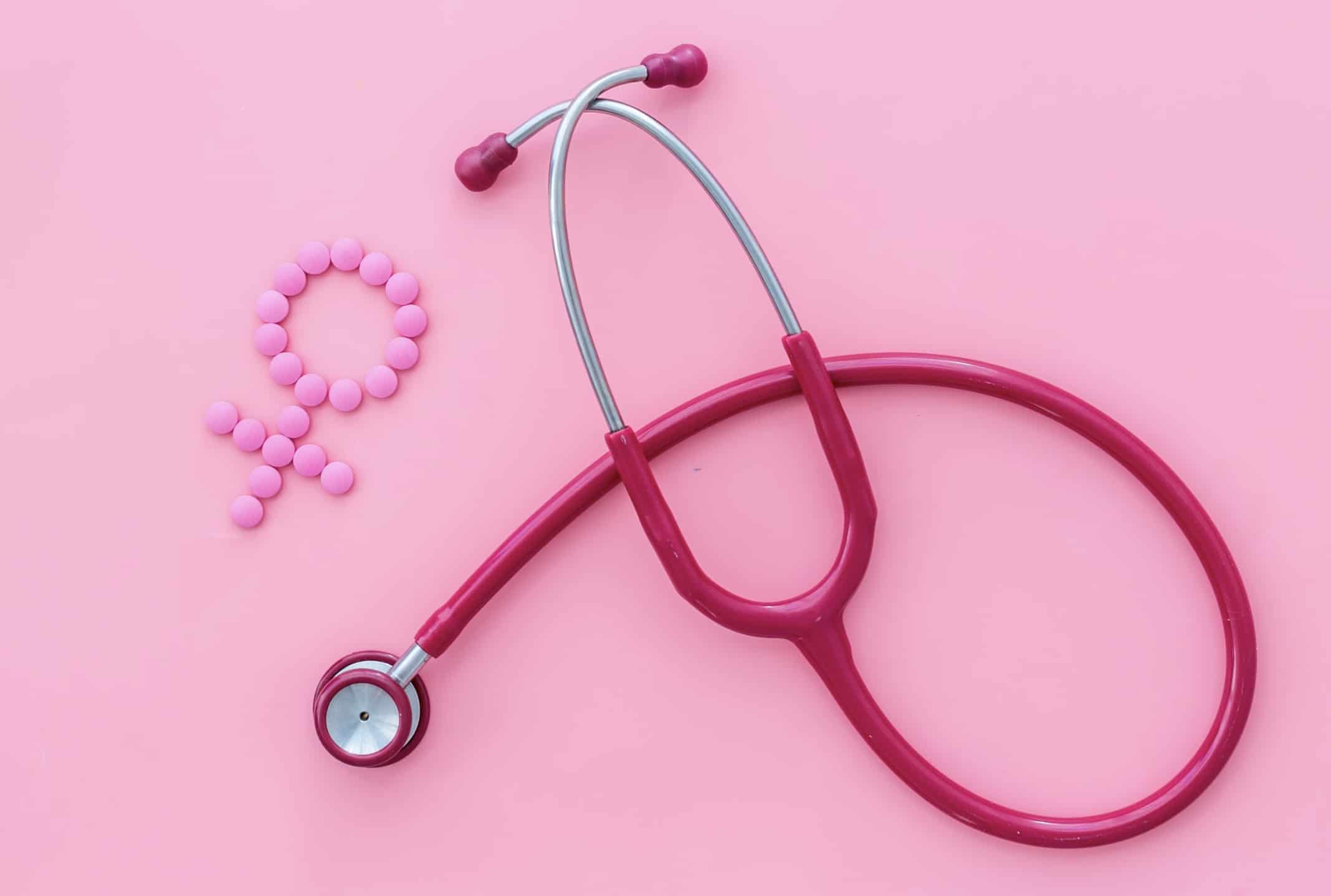Women face unique health concerns and conditions throughout their lives. Menstrual cycles, pregnancy and fertility, birth control, and menopause affect all women. Some may even struggle with emotional and mental health issues that hinder them from fulfilling their role as daughters, wives, mothers, and professionals.
Several health conditions make women more prone to certain types of ailments, such as heart disease, lung cancer, and osteoporosis. Women who experience these diseases require different yet effective forms of treatment to manage symptoms. For these reasons and more, women need healthcare services to ensure their overall health and well-being.
Women’s healthcare services are focused on addressing these concerns from a woman’s perspective. It seeks to understand the changes women encounter and how they affect other aspects of their lives. It goes beyond checking blood pressure, heart rate, and breathing in favor of annual intensive checkups, lab tests, and screenings. It may even include consultation with experts and counseling to encourage women to take better care of themselves.
No matter what age and form, women can and need to avail themselves of these various healthcare services.
Chapter Overview
Types Of Women’s Healthcare Services

There are several types of healthcare services, such as those offered by Leavittwomenshealthcare.com for women in Idaho. The women’s healthcare services team are composed of several specialists to provide the following services:
1. Preventive Care and Screenings
Preventive care and screenings detect possible illness in women. They often involve screening tests to determine potential risks and advise women about lifestyle changes to prevent disease. Some of these screenings, such as diabetes, lipid profile testing, high blood pressure, and bone density, check for the chronic illness before they occur.
Others check for potential cancers such as cervical and colorectal cancers. On the other hand, HIV and STD (sexually transmitted disease) testing is required for sexually active or pregnant women. These tests help detect risks for a sexually transmitted infection. While some of these tests are done regularly, your doctor may request additional exams depending on your age, your personal and family’s medical history, and your life expectancy.
2. Breast Care
Breast care services aim to diagnose and provide treatment for breast cancer in women. Breast cancer tests include mammography, breast ultrasound, biopsy, and MRI scan to check for tumor presence. When cancer is detected, treatment can consist of various therapy types (hormonal, radiation, chemotherapy), mastectomy, and breast reconstruction.
Breast care services can also include detecting non-cancerous conditions, such as benign breast lumps, and treating Lymphedema or swelling caused by excessive fluid in the breasts.
3. Gynecology And Reproductive Health
These services aim at diagnosing and treating reproductive system diseases. They include menstrual cycle issues such as irregular or heavy cycles, PMS (premenstrual syndrome), and PMDD (premenstrual dysphoric disorder). They also help manage ovary conditions such as polycystic ovarian syndrome (PCOS) and ovarian cysts. Gynecological services also treat pelvic pain, pelvic inflammatory disease, vaginal infections, and endometriosis.
4. Pregnancy And Childbirth
Prenatal care is vital in ensuring healthy pregnancies. Pregnancy and childbirth services provide monthly checkups to ensure mothers and their babies are healthy. They may provide advice regarding health and nutrition and advocate breastfeeding. They also offer additional services for high-risk pregnancies and care for mothers and infants after delivery.
5. Infertility
Some women may have difficulty bearing children and may need infertility testing to determine its cause. They may also require blood and imaging tests to determine ovulation and help couples conceive. They employ various medical treatments such as medication, intrauterine insemination, home insemination, IVF, egg donation, or sperm banking.
Aside from these, trained professionals also offer counseling for infertile couples and those suffering from a miscarriage.
6. Bladder Care
Women can also experience bladder issues. They may need medical help to control incontinence, bladder emptying disorders, interstitial cystitis, and bladder prolapse.
7. Mental Health
Aside from physical ailments, women also face mental health issues at specific points in their life. Mothers can suffer from post-partum depression after giving birth. Others may find it challenging to manage their anxiety, leading to panic attacks or even manifest as health problems. Mental health services provide counseling for women who experience mental issues. They can consult directly with trained professionals or take advantage of technology and opt for online therapy sessions from known teletherapy companies.
8. Substance Abuse
Women may also be susceptible to substance abuse, with most incidents reported for alcohol and prescription painkillers. Substance abuse can cause severe health disorders to women and poses a more significant risk for pregnant women.
Women’s drug treatment clinics provide mental, physical, emotional, and even spiritual support to help women battling addiction. They provide drug rehabilitation programs and therapies to assist women in recovery.
9. Sexual Abuse and Trauma
Aside from experiencing physical and mental issues, women may become victims of sexual abuse from their partners, family members, or strangers. Women are also more than likely to develop the posttraumatic disorder (PTSD), experience it longer, and are more sensitive to stimuli that remind them of trauma.
These experiences can hinder women from forming meaningful relationships and may even lead to substance abuse or other adverse mental health conditions, including anxiety and depression. PTSD symptoms may also profess as chronic headaches, gut problems, and sexual dysfunction. Women who experience PTSD should avail of counseling, cognitive-behavior therapy, medication, psychodynamic and group treatments.
10. Other Services
Specialty clinics also provide additional services for women. Skincare and cosmetic services provide women with information, treatment, and procedures to care for their skin and enhance their figures through breast implants, rhinoplasty, or liposuction.
Diet and nutrition services emphasize the importance of a well-balanced diet as a crucial component of women’s health. Some may also offer sleep disorder treatment to help women manage symptoms and provide sleep therapy.
Conclusion
The wide array of women’s health services serves to address the unique health challenges that women encounter at various stages in their life. These services are provided by trained specialists who understand that women need to maintain their overall health and well-being. Women-specific health services provide adequate consultation and perform appropriate therapy methods to fulfill their influential roles in families, workplaces, and the community.

